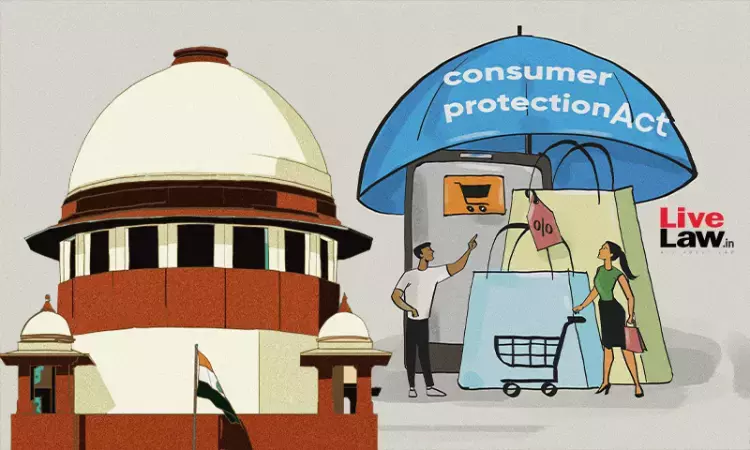Consumer Protection Act - Dominant Purpose To Be Looked Into To Ascertain Whether Transaction Was Commercial: Supreme Court
Debby Jain
26 Aug 2024 4:09 PM IST

Next Story
26 Aug 2024 4:09 PM IST
While dealing with the issue whether a real estate company that purchased a flat for the personal use of its Director is a "consumer" under Section 2(7) of the Consumer Protection Act, the Supreme Court recently reiterated that deciding the intended use of the purchased goods (personal or commercial) would depend on the facts and circumstances of each case."It is the dominant intention of...
